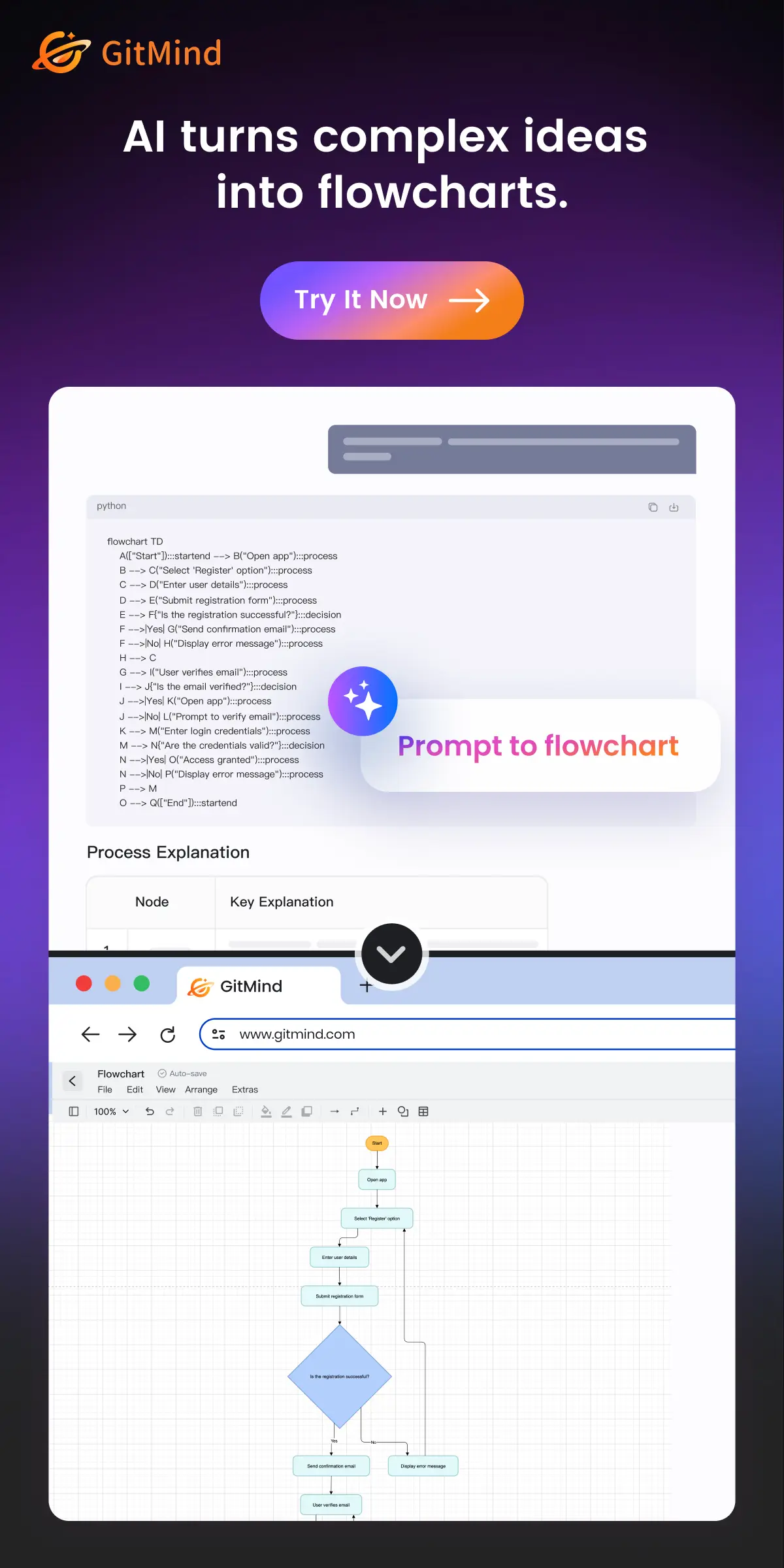
Career Advice
How to Successfully Navigate an Online Engineering Job Interview
Read a summary using the INOMICS AI tool
Because of the coronavirus pandemic, many engineering companies have pivoted away from in-person job interviews in favour of online job interviews. This switch has put many engineers into unfamiliar territory.
Gone are the days of sweaty handshakes, nervous fidgeting, and worrying about food stains on clothing. These woes have been replaced by noisy children and pets in the background of video calls, shaky Internet connections, and making sure that your microphone is on. Always have it on...
While many of the challenges of ‘normal’ interviews remain, interviewing online also throws some new ones into the mix, ones unique to the medium. Online engineering job interviews do not, however, have to be negative experiences. These challenges can be easily overcome by considering the tips in this article.
Make sure that equipment works ahead of the interview
The first challenge posed by an online engineering job interview is the venue. You are unable to meet interviewers in person, so you are responsible for having the equipment necessary to have the interview. This requirement means that you are also responsible for equipment failures. Candidates whose Internet is down or whose video camera or microphone doesn’t work will be viewed less favourably than those with reliable equipment. Problematic equipment can fluster you and can ultimately cause you to flounder in an interview.
The solution is to test any equipment needed for the interview ahead of time to see if it works properly. A call with a friend on the chosen video platform (Zoom, Whereby, Skype, etc.) a couple of hours before the interview should suffice. Ensure that you and your friend can see and hear each other and that the Internet connection is stable.
Install and test any necessary software before the interview
Many engineering companies provide you with tests to gauge your technical skills during an interview. In the days of in-person job interviews, these tests would be administered on-site using company equipment. For online job interviews, the responsibility for having any necessary software falls to you. If there are any technical issues with the software, testing the software a few days ahead of time allows you to contact the interviewer for assistance.
Having the necessary software installed and tested before the interview also shows the interviewer that you are proactive and prepared. There is nothing more humiliating during an interview than having to wait for software to install. Do yourself a favour and avoid this scenario at all costs.
Ensure that the interview environment is appropriate
Online job interviews shift the responsibility of choosing an appropriate interview environment from the interviewer to you. You must ensure that the interview environment is professional. Any noise or distractions should be removed as much as is possible. Because online job interviews usually involve a two-way video setup, anything in the background that you would not want the interviewer to see should be put away. Somewhere quiet with good lighting where you can speak freely, is the ideal interview environment. A kitchen void of housemates with a neutral backdrop is often a good option.
Avoid a situation in which your unusually noisy cat distracts interviewers from your explanation of your past job history. Sometimes moving the cat to another room isn’t enough, as it may be heard even from another room. Removing yourself and relocating to a friend’s quiet apartment may be the only option.
 A new challenge: one-way video interviews
A new challenge: one-way video interviews
One-way video interviews are becoming more common. Typically, they are one of the first steps in an online job interview. Think of this interview as an interview with a computer instead of a real person. You are invited to a private session (that can be completed on your own time). Questions pop up on the screen, and you are given a short time (often a minute or two) to answer. Your success in this interview will gauge whether you get an in-person interview.
The major downside to these interviews is that you often only get one attempt to answer each question. You cannot keep trying until you are happy with their answer. One-way video interviews, however, are not as bad as they seem. They are similar to in-person interviews in the sense that you do not know what question is being asked until it is asked. An interviewer is not there to judge your answers. Instead, your answers are simply recorded and sent along to interviewers. All very modern.
Questions in these interviews are often personal rather than technical in nature. For example, “what do you know about this company?”, is a typical one-way video interview question. “Tell me how you would solve this engineering problem if you were hired” is not.
Working through technical questions and skill tests
Many engineering job interviews require interviewees to answer technical questions and to complete skill tests. Yes, this is daunting, but with the right preparation there shouldn’t be too much to worry about. Technical questions are a great way for interviewers to gauge your technical ability and your capacity to think on the spot. Such questions may include explaining a technical concept to a non-technical person or describing the specifics behind a technical concept.
Skill tests often involve the interviewer giving you a problem to solve to demonstrate your technical abilities. You are placed in a separate room and given some time to work your way through the problem. How you approach a problem is usually more important to an employer than actually solving the problem.
The expectations for technical questions and skill tests are the same in online engineering job interviews as they are in-person. Don’t panic. Ask for help when needed. Don’t cheat. Cheating is much easier in an online interview and may be tempting for some. Stay strong.. Cheating can be revealed later in the interview or on the job, and could lead to severe consequences.
Show that you’re engaged in the interview
If interviewers are aware of what you do during an interview, they are hyper aware of what you do when the interview is online. Do not forget this. Interviewers can see everything that you do on camera. All their attention will be on their screen, which they’ll be watching like a hawk.
Candidates should avoid becoming distracted in an online job interview. To avoid temptation, phones should be kept well away! Showing interest in the interview is a great way for you to show interviewers that you are engaged. Similar to in-person job interviews, eye contact goes a long way. Ask questions when necessary. Pay attention. Show the interviewer that they are being listened to. Engaging the interviewer goes a long way to success in an interview.
If something goes wrong, follow up with the interviewer
Sometimes issues arise during the interview that require the interview to be postponed. If they do, follow up with the interviewer as soon as possible. Explain that there was an issue. Interviewers appreciate honesty and promptness. Most interviewers are understanding of technical issues, especially in a remote work environment, and are willing to make accommodations to help you to succeed.
Success will come your way
While online engineering job interviews may seem intimidating, they needn’t be any worse than those in person. Yes, they pose a slightly different set of challenges, but by being aware of what’s coming and preparing as the above has instructed, candidates should be more than ready! The job offers will come. It’s just a matter of time! .
-
- Practitioner / Consultant Job
- Posted 2 weeks ago
SENIOR STRUCTURAL ENGINEER
At Conrad Consulting in Hertford, Großbritannien -
- Konferenz
- Posted 6 days ago
45th RSEP International Multidisciplinary Conference
Between 4 Feb and 5 Feb in Lisbon, Portugal
-
- Other Job
- Posted 1 day ago
Power Systems Engineer
At CV-Library in Stafford, Großbritannien











